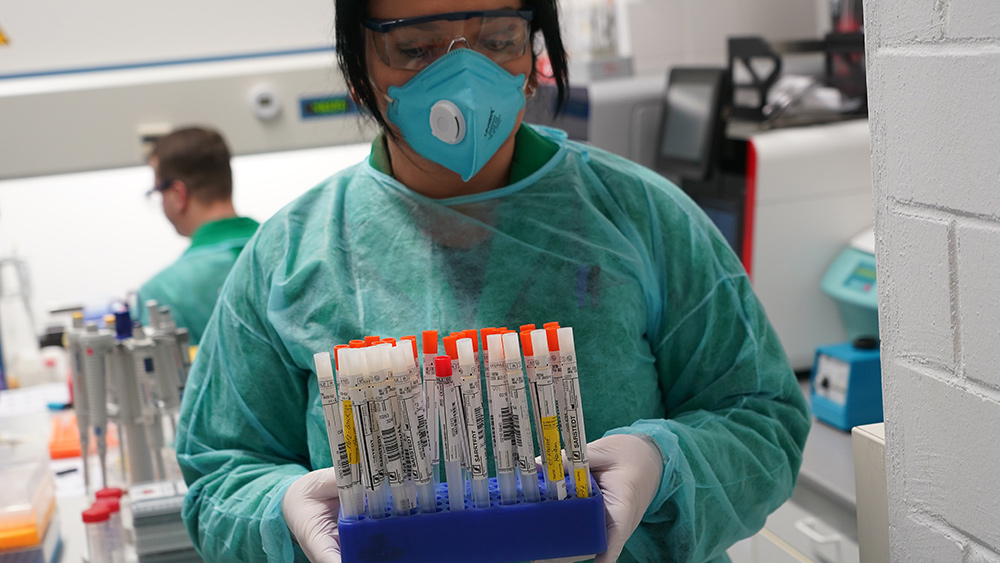
One of the uninformed comments we hear a lot these days about coronavirus is that people who are dying of COVID-19 would have died of something else sooner rather than later anyway. Besides being insulting to those who have lost loved ones who seemed otherwise healthy, regardless of their age, data shows that the extra deaths we’ve seen from the virus so far add up to a very significant number.
A study that was printed this week in JAMA Internal Medicine shows that the pandemic has claimed the lives of 122,000 more people in America than would be expected during a typical year, marking a rise of 18 percent. Researchers from Yale University used data from the National Center for Health Statistics to reach their conclusions.
The U.S. saw a total of 122,300 extra deaths during that time period, and more than 95,000 of those deaths were officially attributed to COVID-19. However, the researchers believe the remainder of the excess deaths were also either caused by the virus or related to it. For example, some doctors now believe that the uptick in strokes and heart attacks they’ve been seeing recently could be related to the circulatory system effects of the disease.
However, that figure is just a national average; the excess death rate in virus hot spots like New York City was far higher, reaching as much as seven times the usual level during the peak of the pandemic. To put it in perspective, the expected deaths based on previous years’ statistics from March through May in the city would be 13,000; this year saw 38,170 deaths recorded during the same time period.
Making matters worse, the official death toll was dramatically underestimated – something that Natural News has been pointing out for quite some time. That’s because many of those who died were not even tested for the virus, in addition to discrepancies in the way that people’s death certificates were filled out.
While the gap between deaths officially attributed to coronavirus and excess deaths with no official link has been shrinking as more testing is carried out, the reliability of official death tolls still varies quite significantly between states. The study identified New York, Minnesota and Massachusetts as states where the figures are considered more reliable.
It’s important to keep in mind, however, that the study does not take into account deaths that were caused by the pandemic indirectly, such as someone suffering from a stroke who didn’t go to the hospital for timely treatment for fear of contracting the virus. That may have accounted for some of the excess deaths, but the researchers don’t believe it is the main driver.
The study’s lead author, epidemiologist Dan Weinberger, told CNBC: “Our analyses suggest that the official tally of deaths due to COVID-19 represent a substantial undercount of the true burden.”
Coronavirus cases continue to rise across the U.S.
Meanwhile, coronavirus continues to spread throughout the country, with new cases growing by 5 percent or more in 40 states based on a seven-day average, including Florida, Texas and Arizona.
On Thursday, the U.S. reported more than 55,000 new cases, setting a new daily global record for the pandemic as infections climbed in most states. This topped a previous single-day record set by Brazil on June 19 of 54,771 cases. These numbers serve as a sobering reminder that we cannot let our guard down and must continue to practice social distancing, mask wearing and keeping our immunity up by eating a healthy diet.
[Editor's note: Although infection numbers are rising, it simultaneously appears that mortality rates are falling dramatically, likely as a result of the virus adapting to the human host and becoming more transmissible but less fatal. If this trend continues, the coronavirus will soon cease to be a "pandemic"-level public health crisis.]
Sources for this article include:
Please contact us for more information.





















